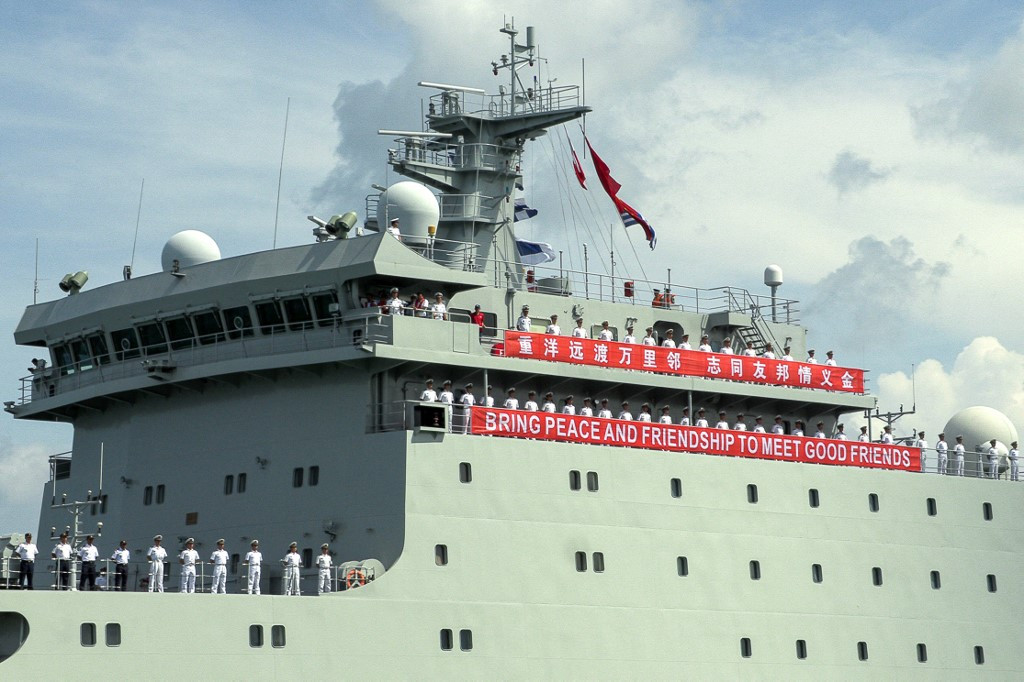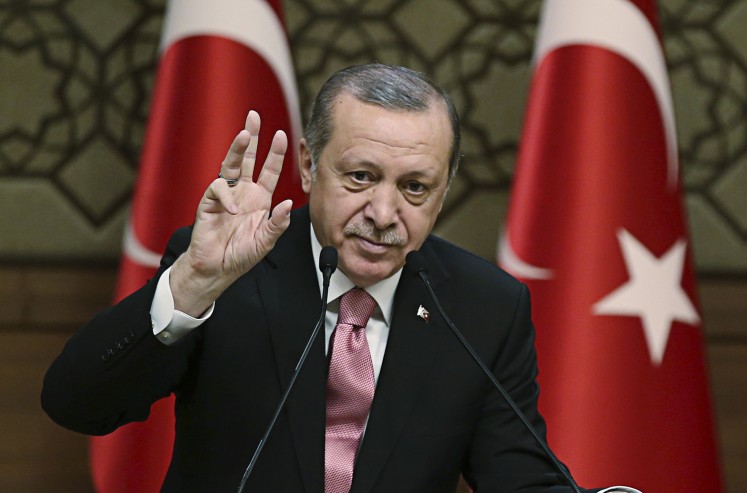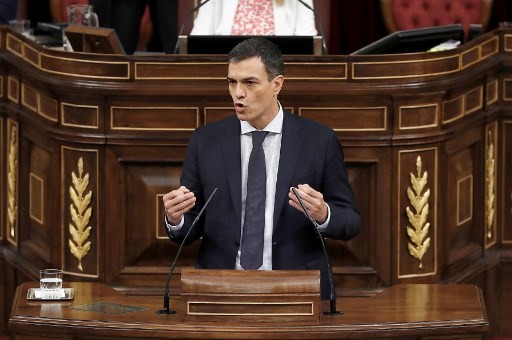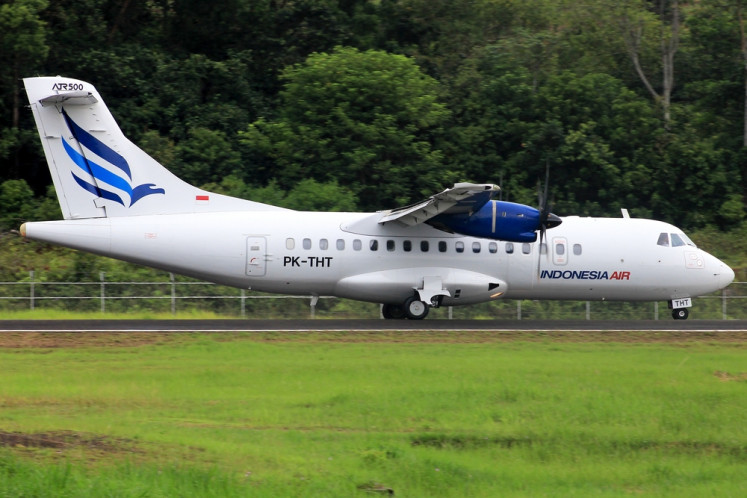Popular Reads
Top Results
Can't find what you're looking for?
View all search resultsPopular Reads
Top Results
Can't find what you're looking for?
View all search resultsCambodia, China begin largest-ever military drills
Cambodia has long been a staunch ally of China, receiving billions of dollars in investments, and Washington has voiced concerns that Beijing is using a Cambodian naval base it renovated on Gulf of Thailand to expand its influence in the region.
Change text size
Gift Premium Articles
to Anyone
C
ambodia and China on Wednesday began their largest-ever joint military exercises, involving advanced Chinese military hardware including artillery, warships and robot battle dogs.
Cambodia has long been a staunch ally of China, receiving billions of dollars in investments, and Washington has voiced concerns that Beijing is using a Cambodian naval base it renovated on Gulf of Thailand to expand its influence in the region.
Nearly 900 Chinese military personnel and more than 1,300 Cambodian soldiers are taking part in the drills that will last until May 28, the Royal Cambodian Armed Forces (RCAF) said in a statement.
The drills will feature advanced Chinese military hardware, including armoured vehicles, helicopters, warships, reconnaissance drones and robot battle dogs, the statement said.
It said the annual exercises were to "develop deeper ties and cooperation" between the two armies.
"The exercises are bigger than last year in term of both personnel and equipment," RCAF spokesman Thong Solimo told AFP.
He said a large Chinese naval vessel, the Changbai Shan, docked at Cambodia's Beijing-renovated Ream Naval Base on Monday with the military equipment for the drills.
Cambodian political analyst Ou Virak told AFP that "China does want to flex its muscle" and to send a message that "it's a superpower" through the exercises, dubbed Golden Dragon.
"Definitely China is trying to... grow its influence within the region," he said.
"Beyond just flexing the muscle, it needs to build confidence amongst its partners to say to the partners that China is growing, China is expanding, China is also getting stronger, both in size but also in technological advancement, as well as military might," Ou Virak added.
Cambodia is also expected to receive two warships from China.
The first Golden Dragon drills were held in 2016, and in early 2017 Cambodia scrapped a similar joint exercise -- "Angkor Sentinel" -- which had been held for the preceding seven years with US forces.
The drills follow a two-day visit by Chinese President Xi Jinping to Cambodia in April to deepen ties between the two countries.
In an article published in Cambodian media, Xi urged in April Phnom Penh to oppose "hegemonism" and "protectionism", repeating messages he sent earlier to Vietnam and Malaysia during the first two legs of his trip.
Phnom Penh is a close partner of China, which has invested billions of dollars in projects including roads and airports, and is the country's largest creditor.
Cambodia's government said the two countries signed 37 documents during Xi's visit, including on investment, trade and finance, but it did not elaborate on content and on whether they entailed binding or financial commitments.
It has said China would pay for the Funan Techo Canal, which would run from the Mekong River, from a site near Phnom Penh, to the coast on the Gulf of Thailand, diverting water from the fragile rice-growing Mekong Delta and reducing Cambodian shipping through Vietnamese ports.










